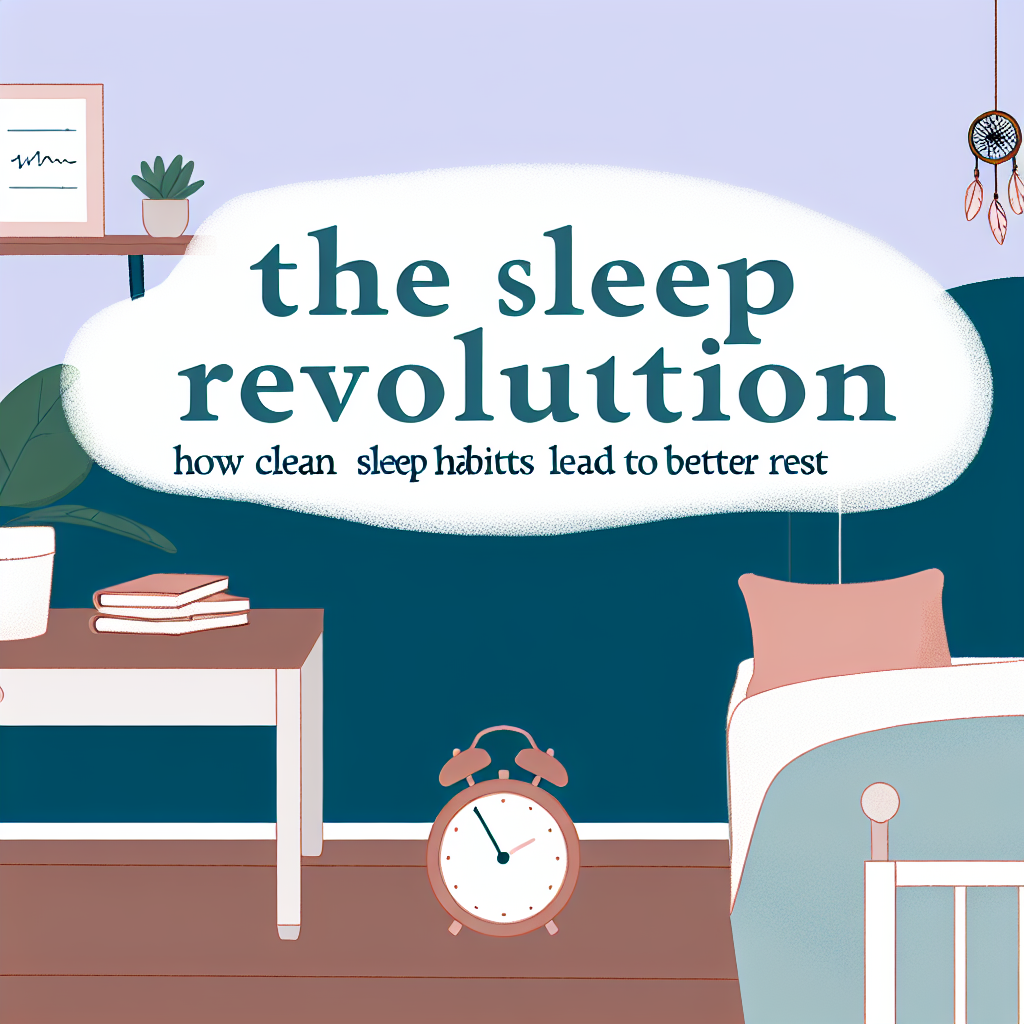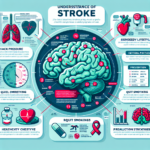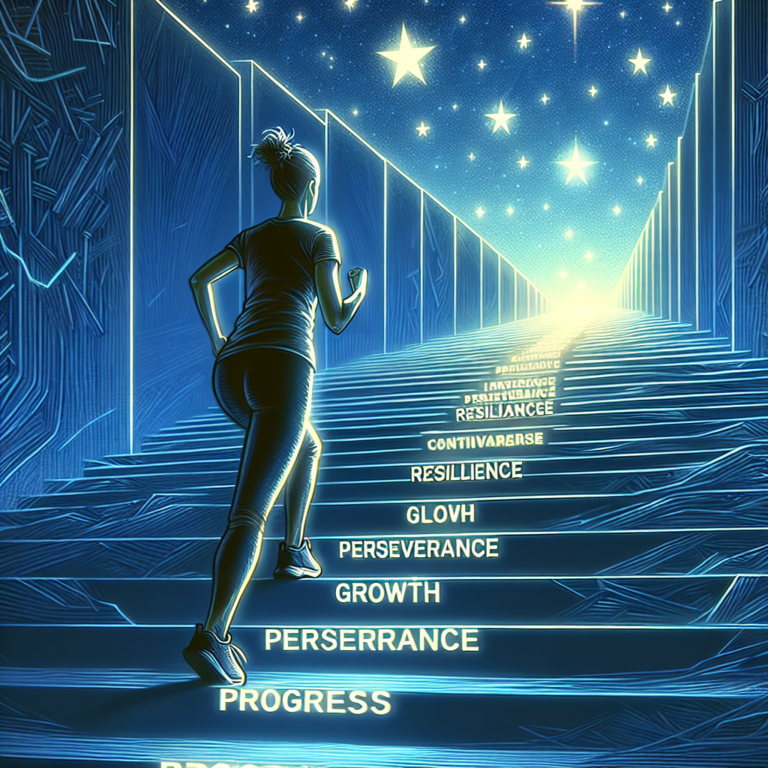
The Sleep Revolution: How Clean Sleep Habits Lead to Better Rest
Introduction
In an age where hustle culture dominates, sleep often takes a backseat, leaving countless individuals tossing and turning through restless nights. Yet, the concept of a "Sleep Revolution" is gaining traction, suggesting that the way we approach our nightly rest can transform our overall well-being. The Sleep Revolution: How Clean Sleep Habits Lead to Better Rest highlights the crucial relationship between clean sleep practices and rejuvenating slumber. As we delve deeper, you will discover how simple shifts in habits can dramatically improve your nightly rest, boost your productivity, enhance your mood, and ultimately lead you to a healthier lifestyle.
The Importance of Sleep
Why Sleep Matters
Sleep is not merely a state of rest; it’s a complex biological process critical for physical, emotional, and cognitive health. Sleep affects nearly every system in our body, including hormone regulation, immune function, and memory consolidation. Studies indicate that inadequate sleep can lead to a myriad of health issues such as obesity, heart disease, and depression.
The Sleep Crisis Today
An alarming number of adults in the United States report not getting enough sleep—a phenomenon often termed the "sleep crisis." Data from the Centers for Disease Control and Prevention (CDC) show that one in three adults doesn’t get enough sleep on a regular basis. This lack of rest correlates with decreased productivity and increased health risks.
Table 1: Health Implications of Sleep Deprivation
| Health Issue | Percentage Linked to Sleep Deprivation |
|---|---|
| Obesity | 55% |
| Heart Disease | 40% |
| Depression | 70% |
| Memory Impairment | 60% |
Understanding Clean Sleep Habits
What are Clean Sleep Habits?
Clean sleep habits refer to a range of practices aimed at creating an optimal sleep environment and promoting restful sleep. According to experts, clean sleeping is akin to clean eating—a way of making conscious choices that benefit your health. These habits include a consistent sleep schedule, a conducive sleep environment, and limited late-night screen time.
The Role of Environment
Creating a Sleep Sanctuary
The settings in which you sleep play a significant role in the quality of sleep you receive. A cluttered room, intrusive light, noise, or an uncomfortable mattress can disrupt your natural sleep cycle. Clean sleep habits entail:
- Decluttering: Remove unnecessary items from your bedroom to create a calming atmosphere.
- Temperature Control: The optimal sleep temperature is between 60-67°F (15-19°C).
- Sound Management: Use white noise machines or earplugs to drown out disruptive sounds.
Consistency is Key
One of the pillars of clean sleep habits is maintaining a consistent sleep schedule. Going to bed and waking up at the same time every day reinforces the body’s internal clock, making it easier to fall asleep and wake up.
Case Study: The Impact of Clean Sleep Habits
Case Study of a Busy Executive
Consider a busy executive named Sarah. With her demanding job, she often found herself working late into the night, skipping sleep for deadlines. After realizing that her productivity was plummeting, she decided to prioritize clean sleep habits by implementing a structured routine.
Analysis
By setting a regular bedtime and creating a technology-free environment, Sarah noted significant improvements in her concentration and overall mood. Within weeks, she was able to achieve deeper sleep, leading to better performance at work. This transformation illustrates the immediate benefits of adopting clean sleep habits.
The Science Behind Clean Sleep Habits
Circadian Rhythms
One essential aspect to understand is circadian rhythms—our body’s innate clock that dictates sleep-wake cycles. A key element of the Sleep Revolution: How Clean Sleep Habits Lead to Better Rest is recognizing how these rhythms impact our sleep quality.
The Role of Melatonin
Melatonin, known as the sleep hormone, plays a vital role in regulating sleep. Clean sleep habits can enhance melatonin production. For example, limiting blue light exposure from screens before bed can allow melatonin to rise naturally, signaling your body that it’s time to wind down.
The Psychological Barrier
We must also understand the psychological aspects tied to sleep cleanliness. The podcast “Sleepy Time” reveals how creating pre-sleep rituals—like reading or practicing mindfulness—can reduce anxiety and lead to more restful sleep. Taking the time to unwind signals to your body that it’s time to relax.
Enhancing Your Sleep Hygiene
Practical Tips for Better Sleep
Establish a Routine: Follow the same pre-sleep rituals each night.
Limit Caffeine & Alcohol: Both can disrupt the sleep cycle.
- Embrace Technology Wisely: Use apps that limit screen time and ensure your devices are set to night mode.
Mindfulness and Sleep
Integrating mindfulness practices such as meditation or yoga can significantly enhance your quality of sleep. Techniques that calm the mind can make it easier to transition into deep, restorative sleep.
Case Study of a Student
Take, for instance, the case of a college student, Mike, who used to rely on energy drinks to stay awake while cramming for exams. He noticed that his academic performance suffered due to poor sleep. After employing clean sleep habits, including turning off all screens an hour before bed and incorporating meditation, Mike experienced a profound improvement in both his grades and his well-being.
Analysis
Mike’s journey highlights the importance of mental and emotional wellness in the realm of sleep. By understanding how sleep hygiene directly correlates with academic success and mental clarity, students can prioritize clean sleep habits to optimize their performance.
Common Myths About Sleep
Busting Sleep Myths
Myth 1: I Can Catch Up on Sleep
Truth: Sleep cannot be "caught up" in the long term. Chronic sleep deprivation leads to long-lasting consequences.
Myth 2: Alcohol Helps Me Sleep Better
Truth: While it may initially induce drowsiness, alcohol disrupts the sleep cycle and can lead to poor sleep quality.
- Myth 3: Older Adults Need Less Sleep
Truth: Sleep requirements remain constant throughout life. Older adults may experience changes in sleep patterns but still need 7-9 hours.
Conclusion
As we’ve explored, the Sleep Revolution: How Clean Sleep Habits Lead to Better Rest is not merely a trend but a fundamental shift in how we prioritize our health through the lens of sleep. Clean sleep habits can restore your energy, enhance your mood, and improve your overall health. It’s time to reclaim your night and ensure your journey to personal transformation is anchored in the restful slumber you deserve. Small changes—creating a conducive environment, sticking to a routine, and taking care of our mental health—can lead to monumental benefits.
Remember, sleep is not a luxury; it’s a necessity. As you close this chapter, consider what steps you can take tonight to begin your journey toward better rest.
FAQs
1. How many hours of sleep do adults need?
Most adults require 7-9 hours of sleep per night for optimal health and functioning.
2. What are common signs of sleep deprivation?
Common signs include Chronic fatigue, difficulty concentrating, mood swings, and weakened immune function.
3. Can clean sleep habits actually improve mental health?
Yes, adopting clean sleep habits can help reduce anxiety, improve mood, and enhance cognitive function.
4. How long does it take to establish a sleep routine?
Generally, it can take about two to four weeks to establish a solid sleep routine, giving your body time to adjust.
5. What role does nutrition play in sleep?
Nutrition greatly affects sleep quality. A balanced diet, rich in antioxidants, omega-3 fatty acids, and vitamins can promote better sleep.















